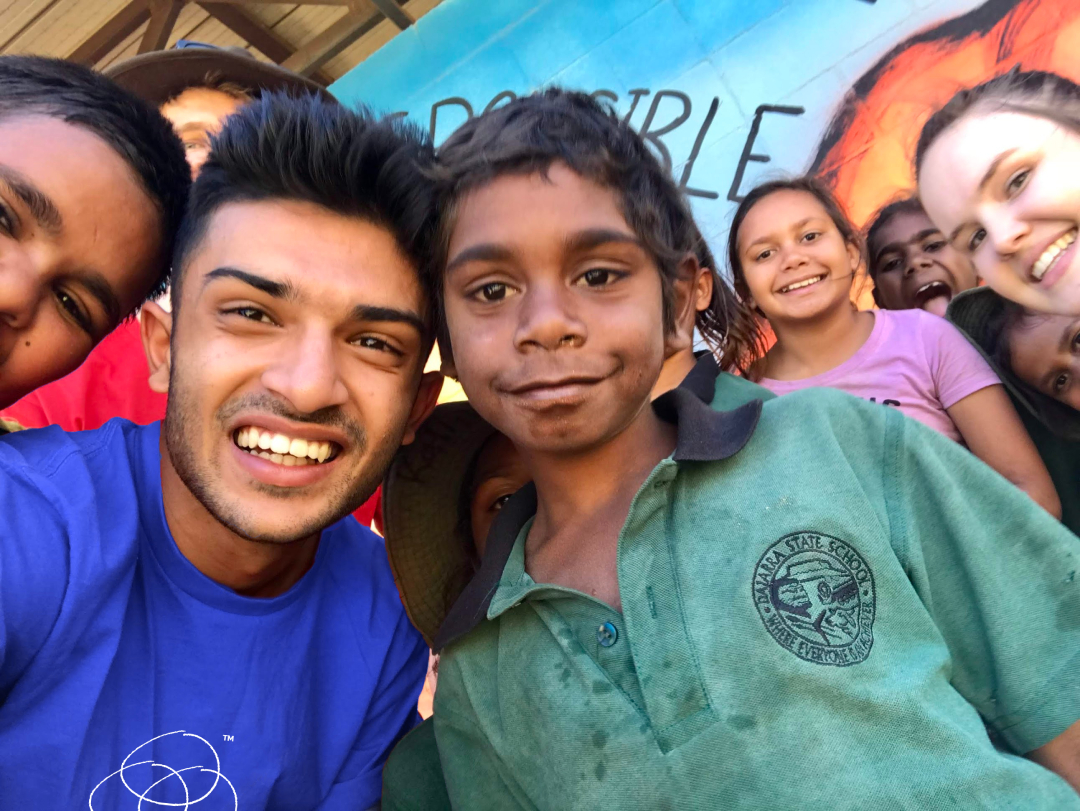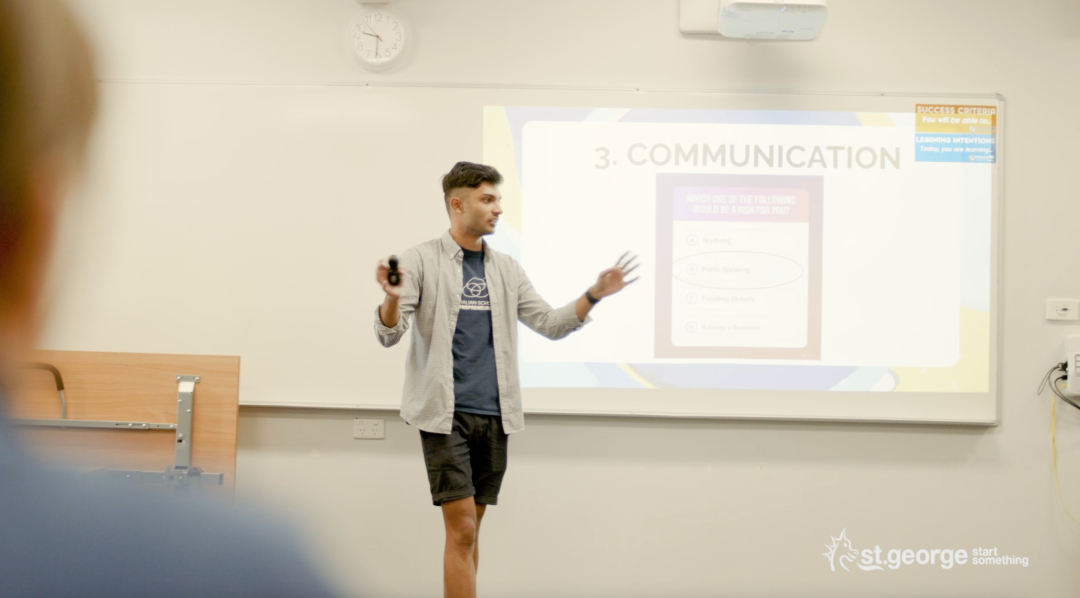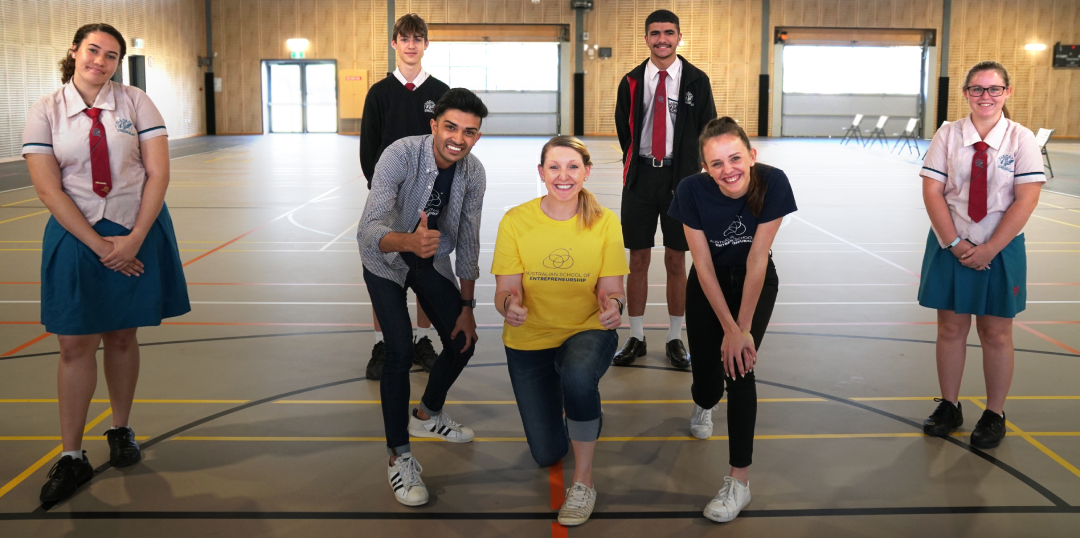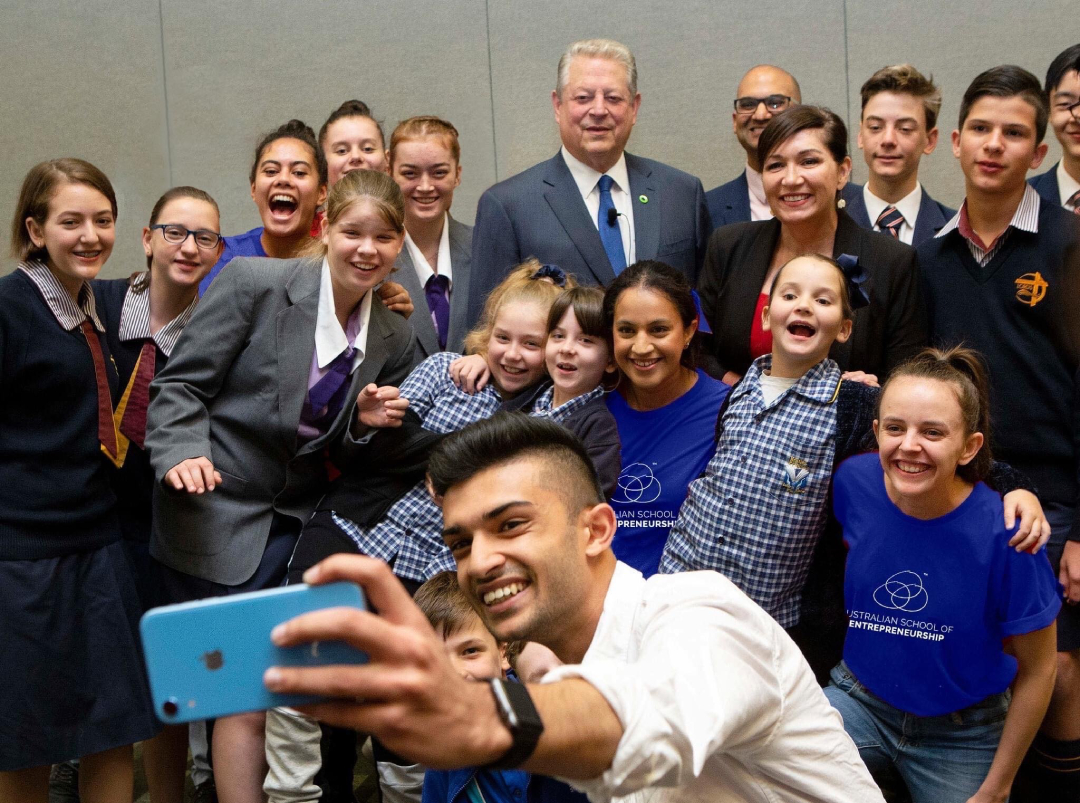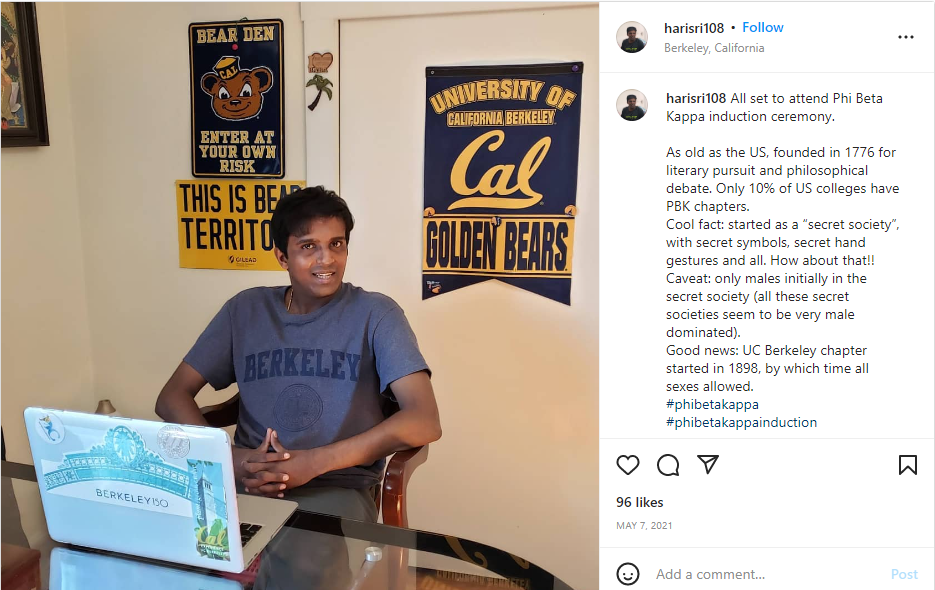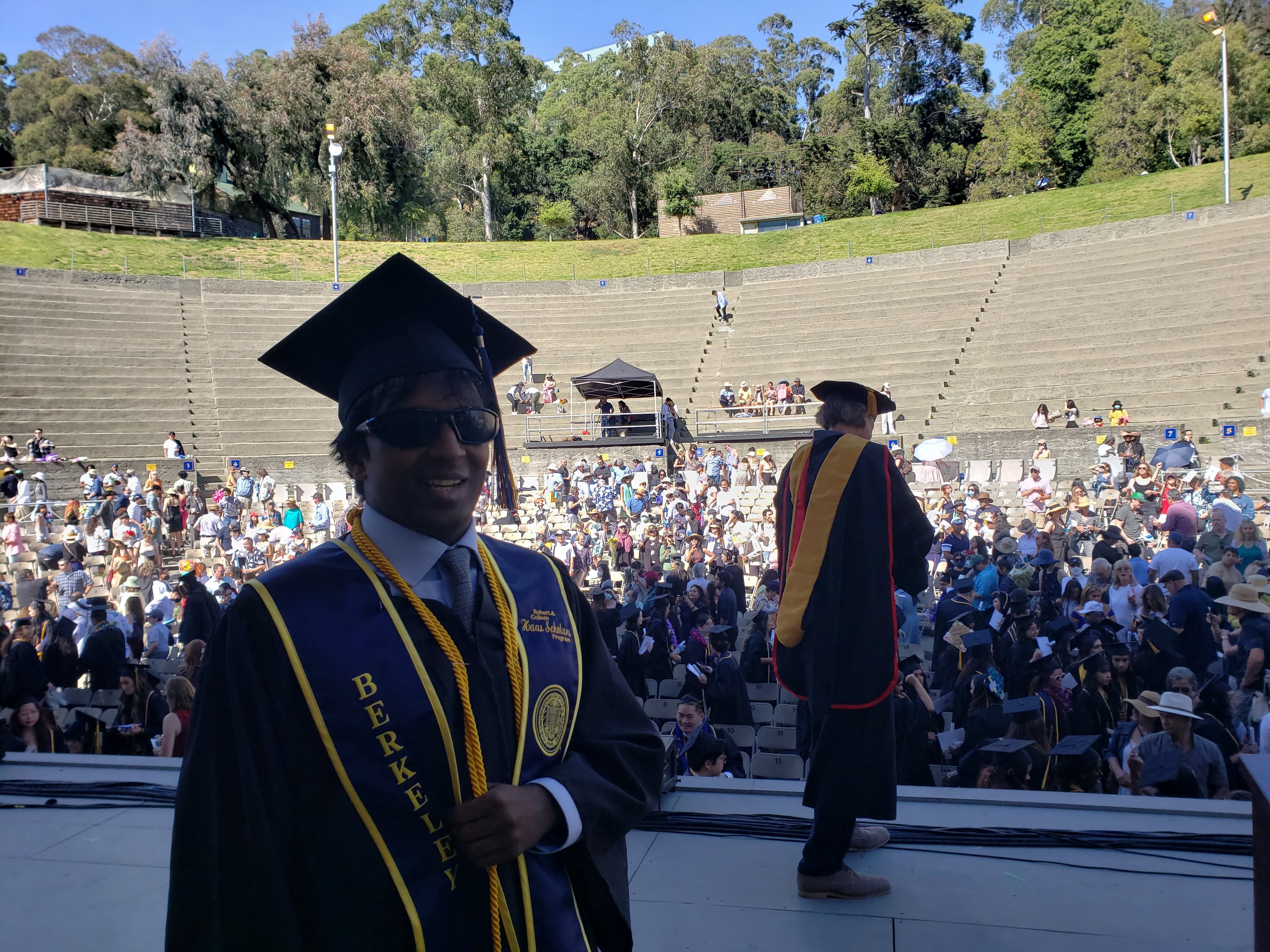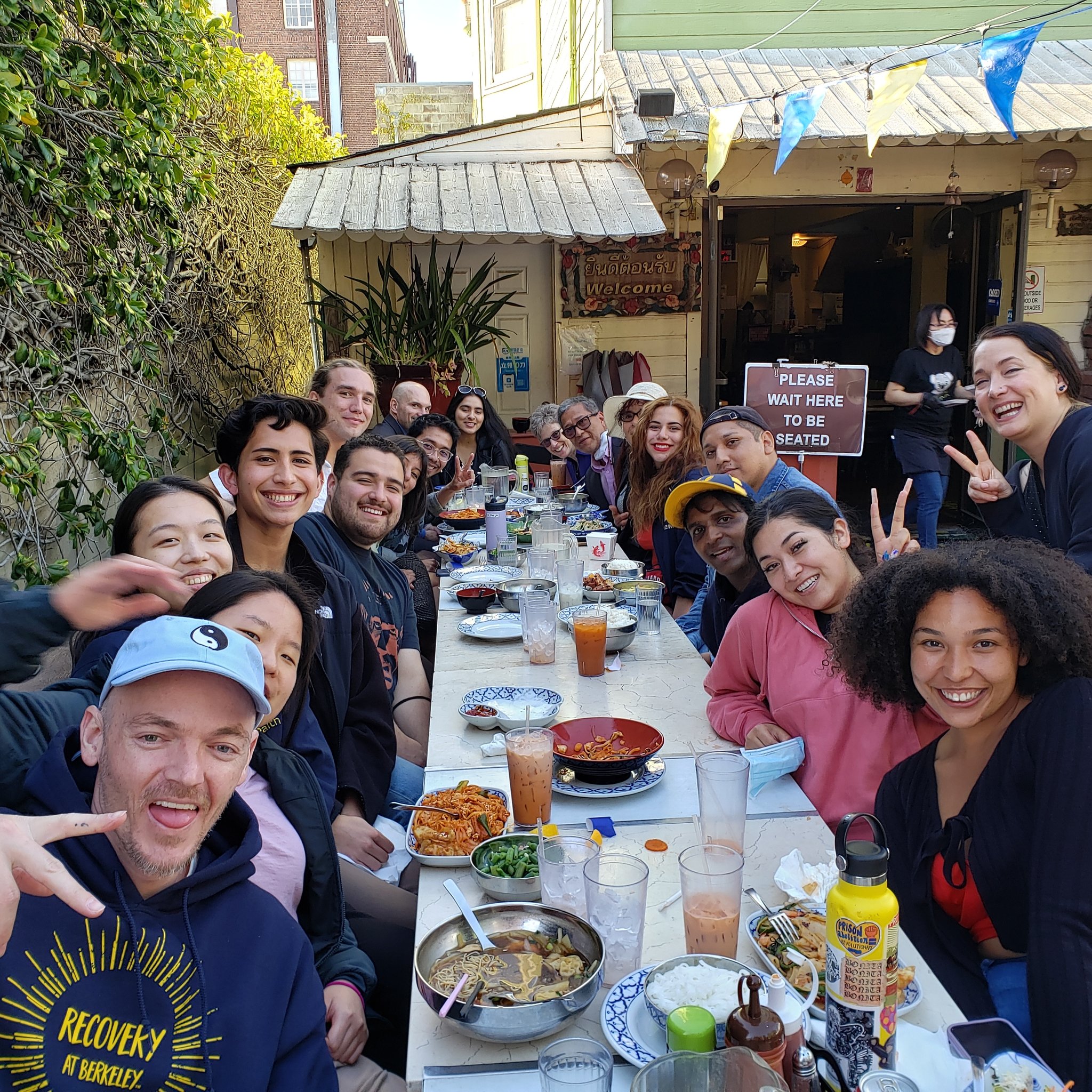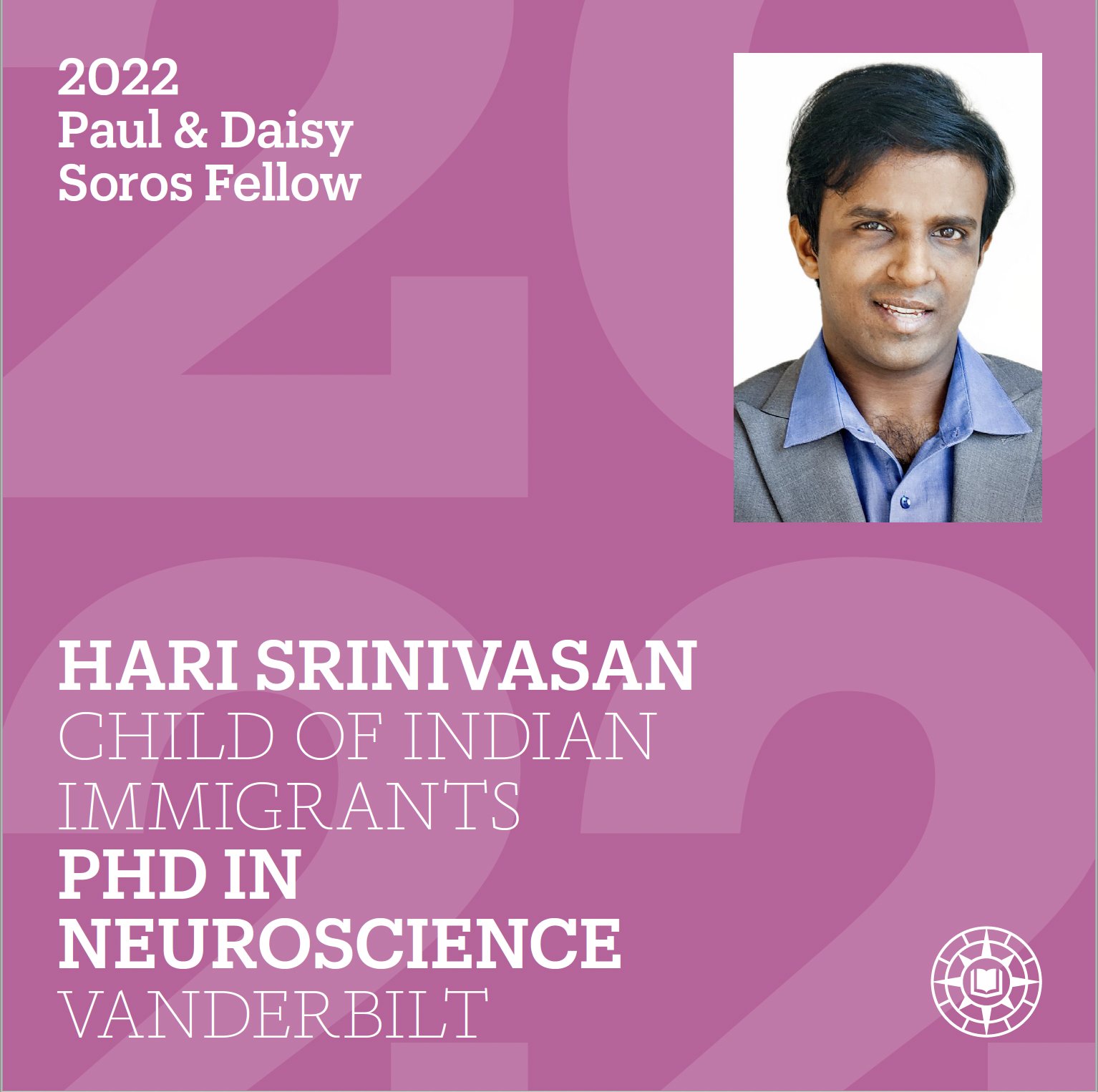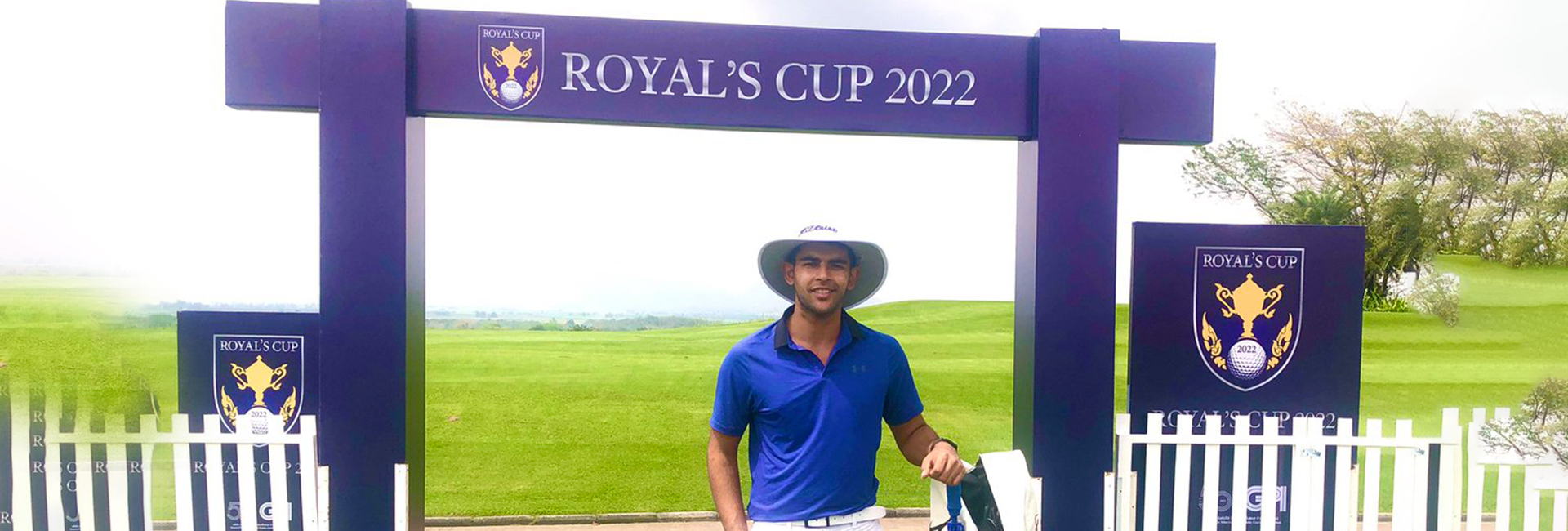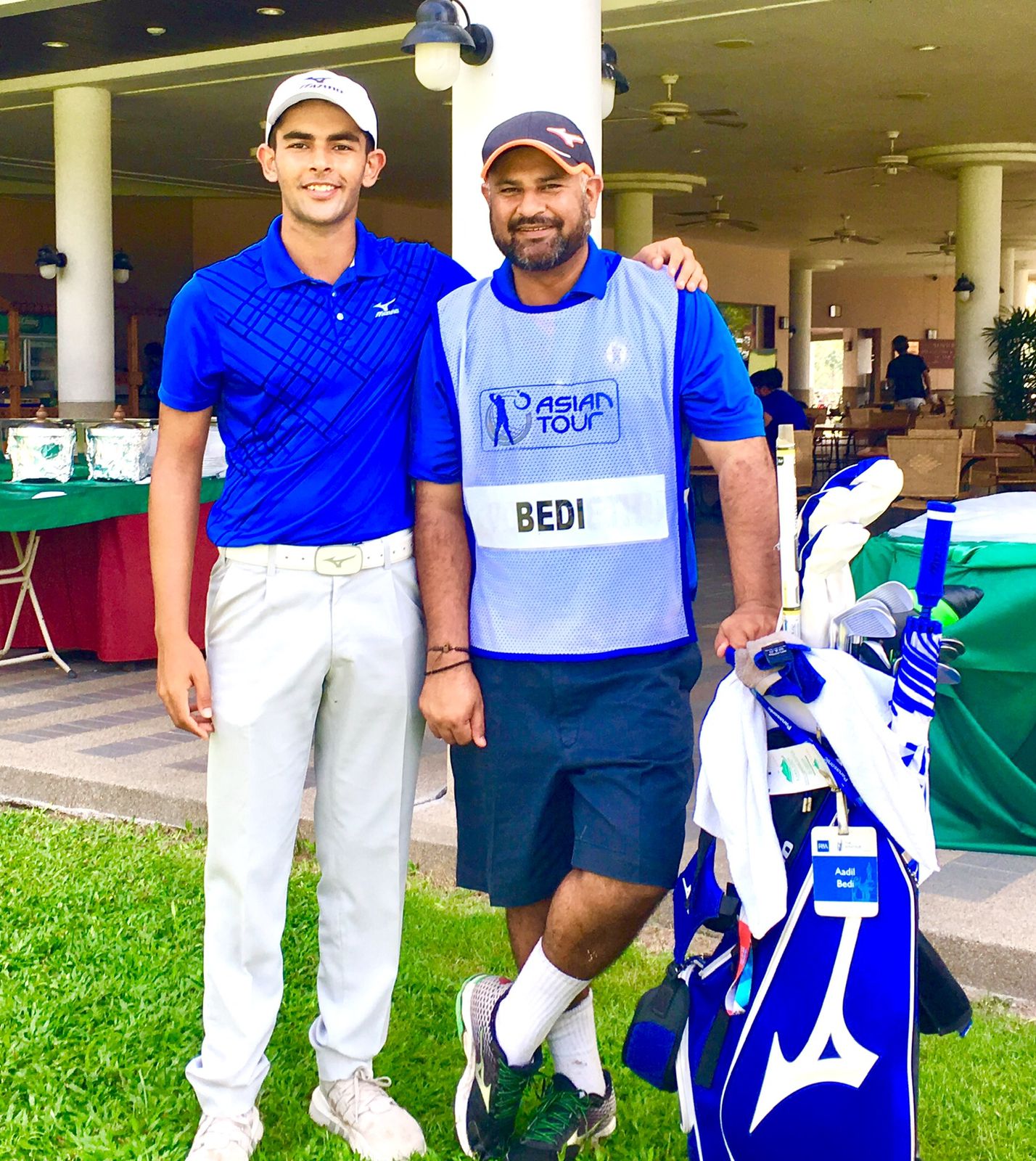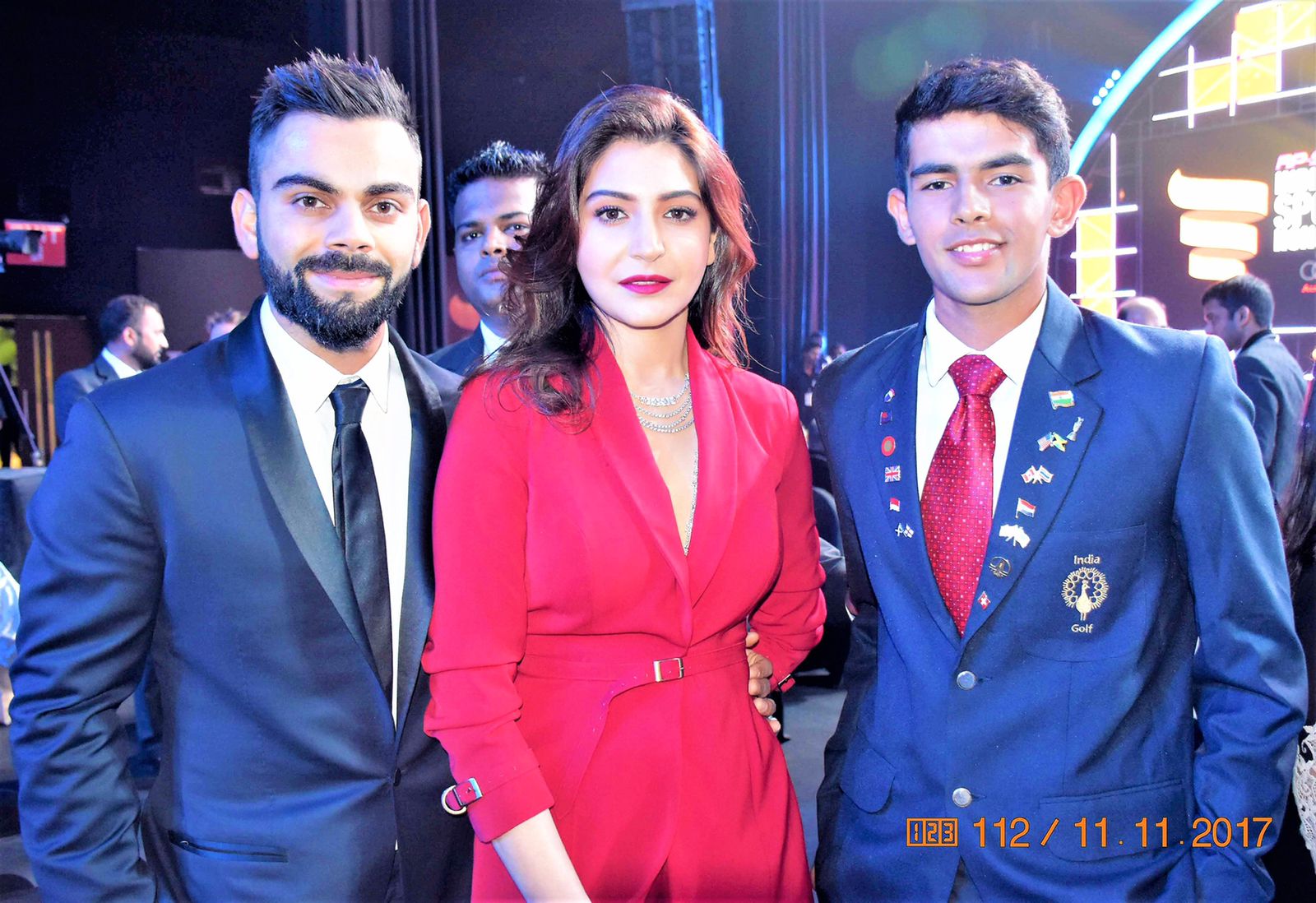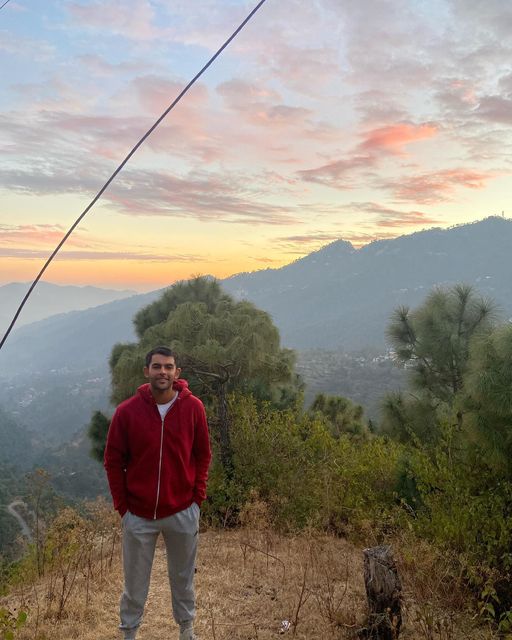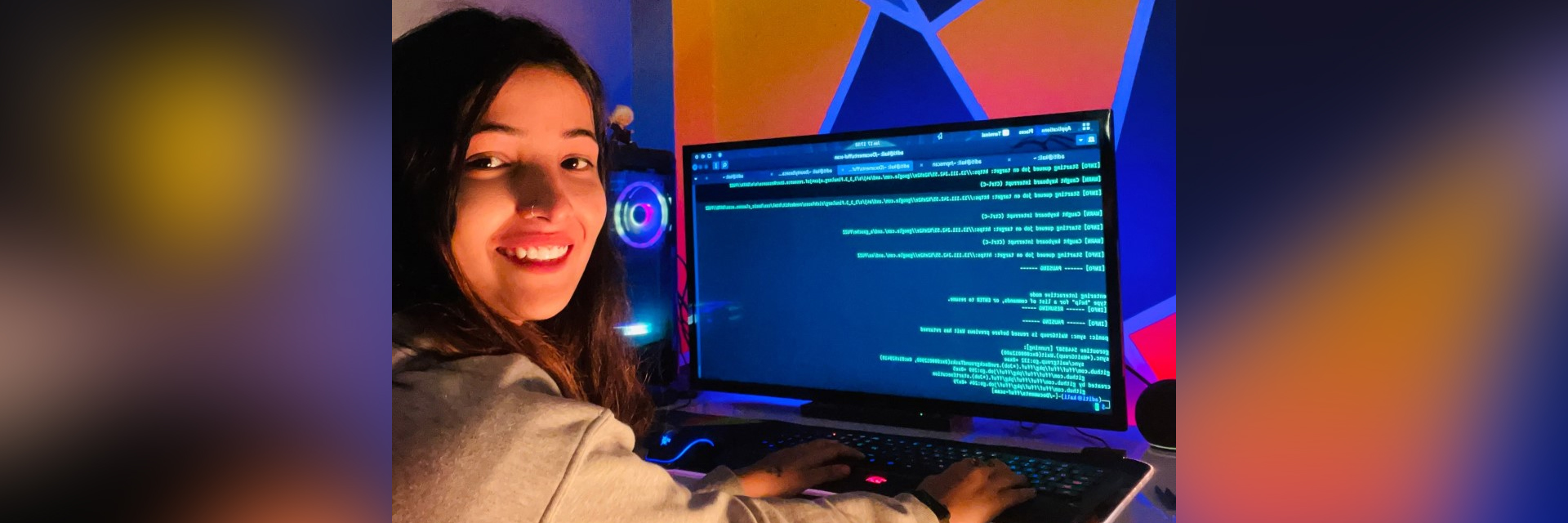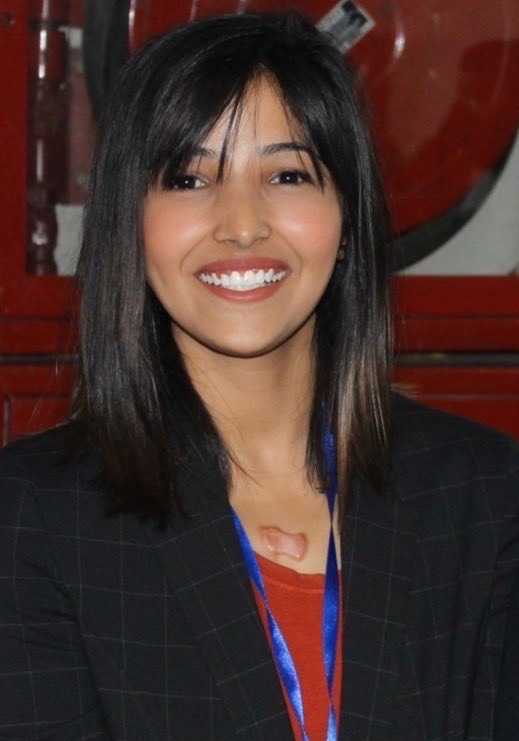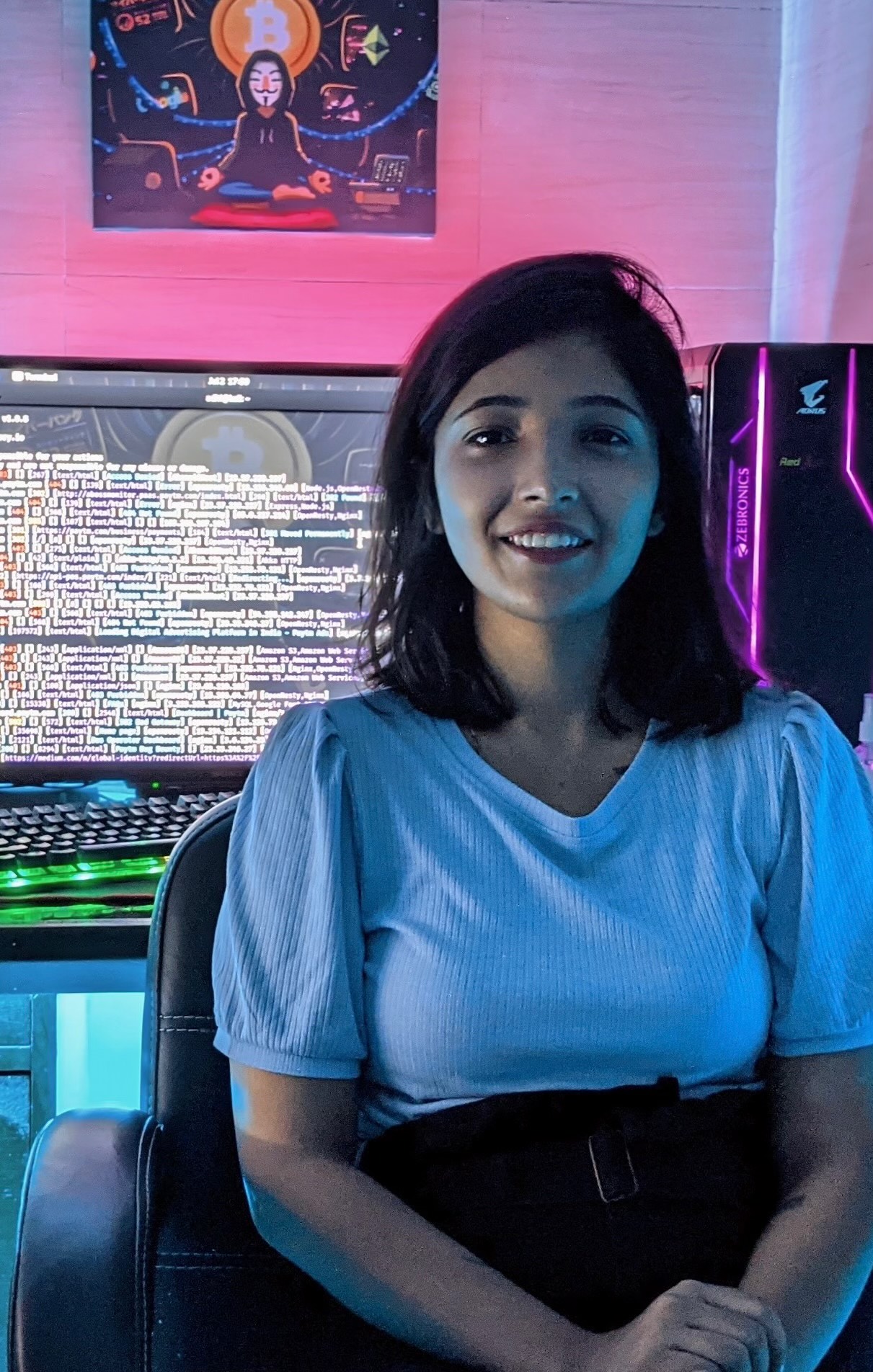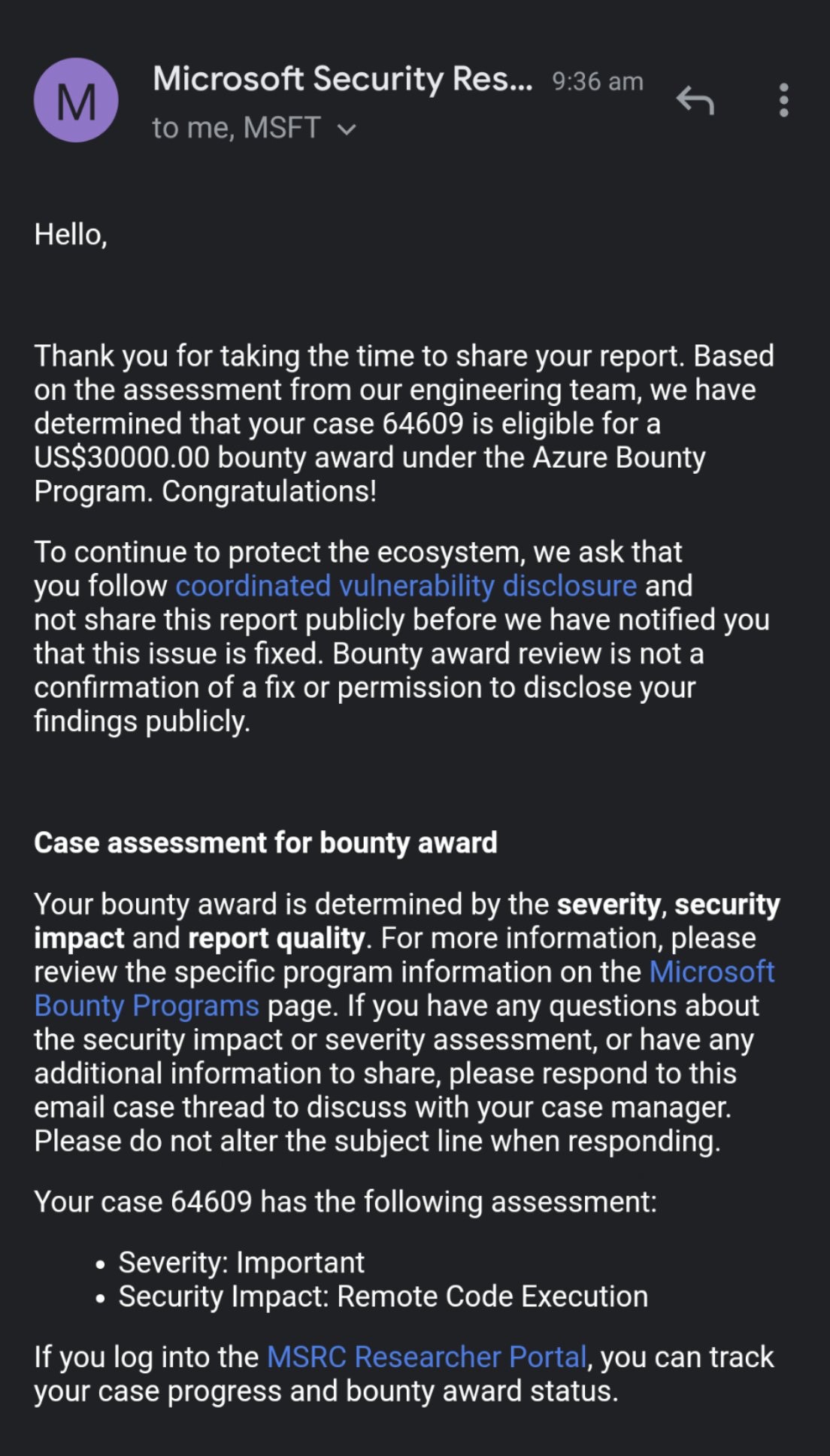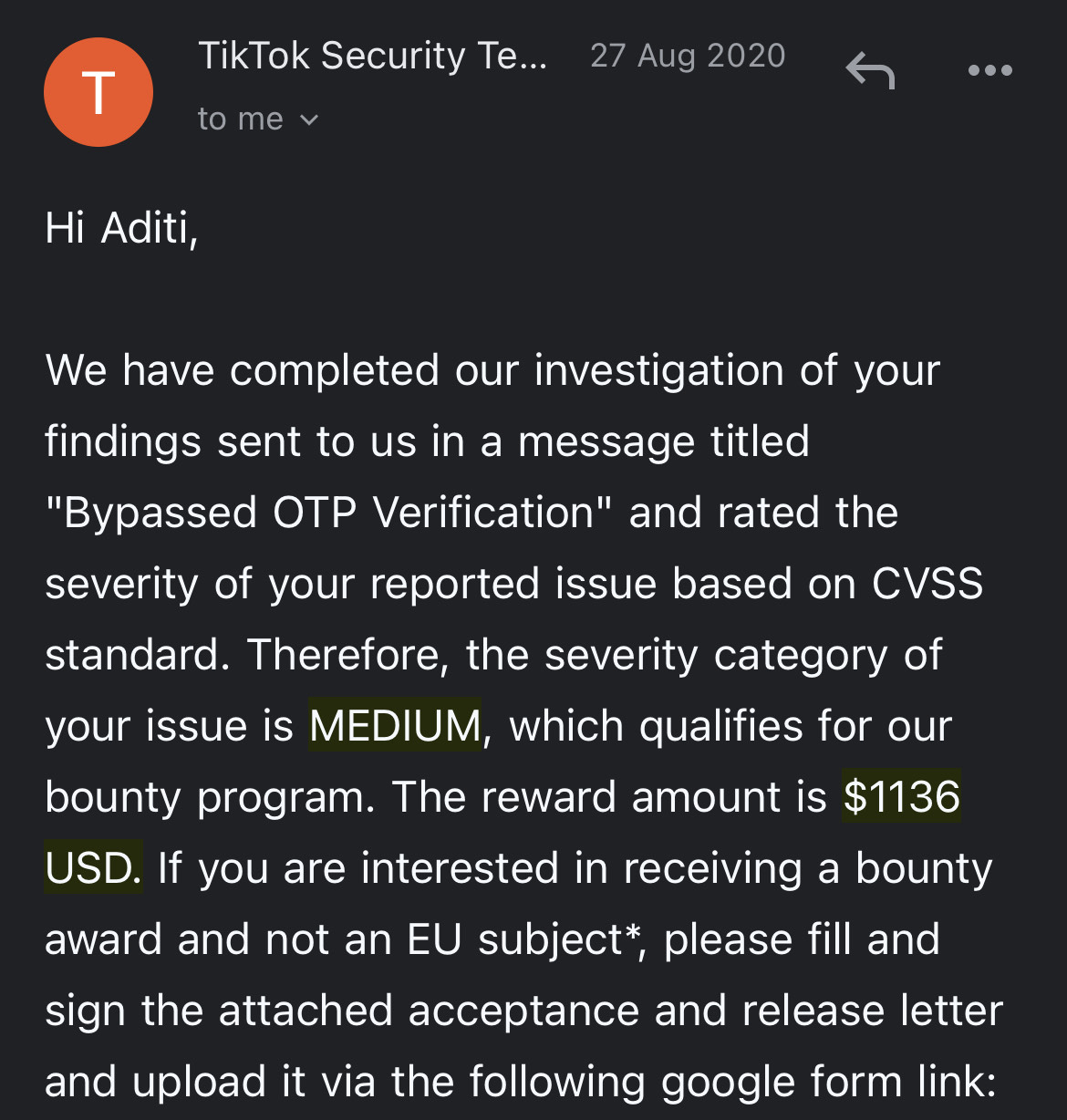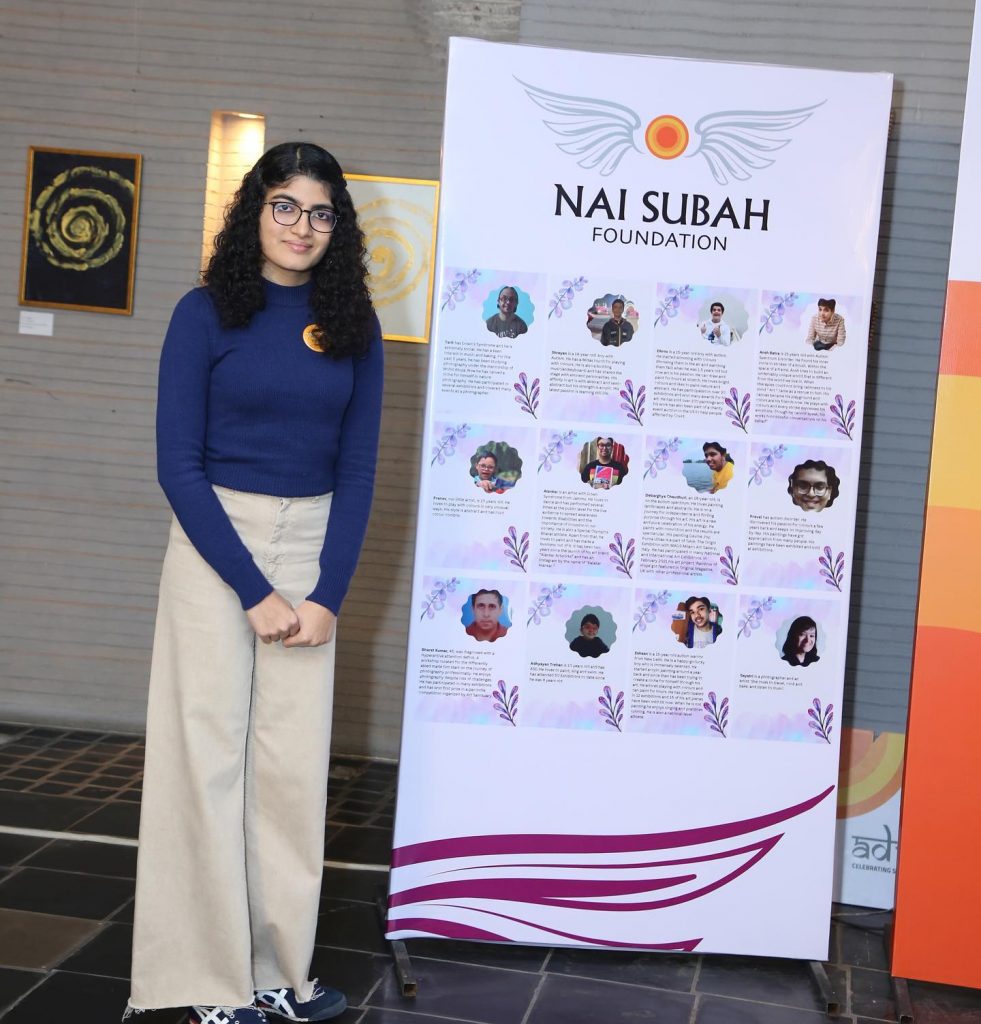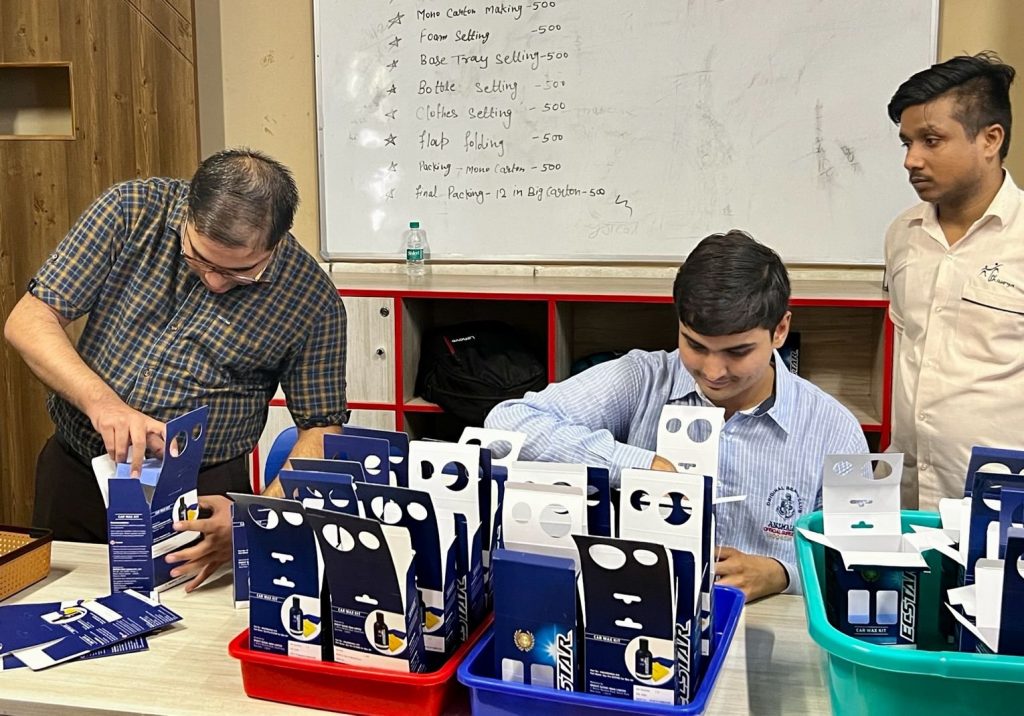(October 19, 2023) When UmaSofia Srivastava was just a little girl, she’d stay up late with her mom, captivated by the dazzling beauty pageants on TV. During one of those magical moments, she declared to her parents, “I’ll be a beauty queen one day.” Fast forward to today, and that dream has become a reality for this 17-year-old from New Jersey. After enduring weeks of scrutiny and competition, she was crowned the new Miss Teen USA.

“Is this for real?” the teen from New Jersey exclaimed soon after the host of the evening, Justin Sylvester, declared her to be the winner of the contest. UmaSofia, who is of Indian and Mexican heritage, emerged triumphant from a talented group of 51 young women representing every state in the USA “I am so grateful and honored that I’m the first Mexican-Indian, first New Jersey, your Miss Teen USA 2023,” she wrote on social media, adding, “This night is truly the best night of my life because I was crowned with the people that have loved and supported me throughout everything cheering for me in the audience.”
“The class of 2023 is truly so special. Getting to stand alongside each of my intelligent, impactful, and beautiful sisters already made me the luckiest girl in the world,” the Global Indian added. “I have so much more to say, but for everyone who believed that a girl like me could win, who had a kind word to say or thought to think for me this week, I am so grateful. I’m yours USA!”
Not just a pretty face
A junior at the Academy of St. Elizabeth in Parsippany-Troy Hills, UmaSofia grew up in a family that supported all her dreams and aspirations. However, there were times when the teenager would feel lonely. “Growing up I did not see a lot of representation for people from either India or Mexico in the USA. I am glad that slowly but surely things are changing now. I would like to be a part of that change, and now especially since I have won this crown.”


A lot more than her age, UmaSofia is a staunch humanitarian. She believes in ethnic diversity, cultural inclusivity, and societal equality, and is the cofounder of the Diversity and Inclusion Campaign at her school. The owner of the famous blog website, ‘That’s Fan Behavior’- which covers everything from feminism, her experience as a woman of colour, interviews with changemakers, and the many other things she’s passionate about – the beauty queen is also a published author with the title “The White Jaguar” to her credit.


“My dad’s nickname for me growing up was ‘his little jaguar’, and that’s what inspired the title of my book. Sometimes because of my background, I felt like I did not fit in. So, my book is about a little white jaguar, who has a different coloured coat than the other jaguars in the jungle. And she goes on a journey, where she meets other animals who help her embrace her differences. I aimed to create a story that would deeply connect with immigrants of colour, offering them hope and encouragement to wholeheartedly embrace their authentic selves without apology. I was able to incorporate a little bit of myself into the story,” shared UmaSofia, who didn’t want the book to be just in English. “People who come from diverse backgrounds – like me – don’t just communicate in English at home. So, I have included words from several languages in the book, including Hindi, Spanish, and French.”
More crowns to win
Motivated by the impactful work of changemakers both in the United States and around the globe, UmaSofia joined hands with the Lotus Petal Foundation, where she champions the well-being of underprivileged children in India. Her involvement spans various initiatives, encompassing education, nutrition, and healthcare, all aimed at fostering the holistic development of these young minds. As a passionate advocate for education, she took it upon herself to gather and contribute more than a thousand books to the Bridge of Books Foundation. Her generous act aimed to enrich the world of knowledge for economically disadvantaged children in New Jersey, ensuring that the wealth of literature reaches those who need it most.
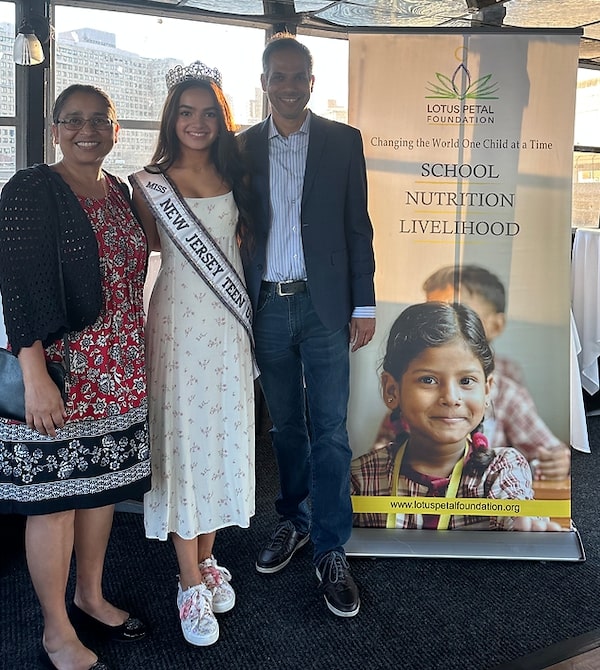

While she is gearing up to represent her state and country in various other beauty competitions, the teenager is also working towards becoming a UN ambassador after finishing her graduation. Sharing a piece of advice for all the girls who are going to participate in these competitions, UmaSofia said, “I think what’s most important is to stay true to yourself. We all have goals, ambition, and passion. But it is imperative to be open and accepting of other people’s aspirations and journeys as well.”



